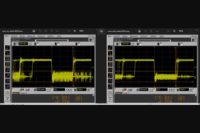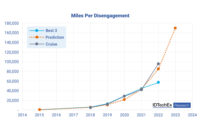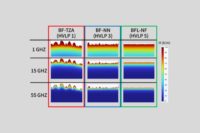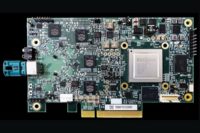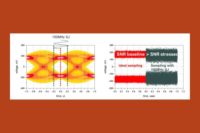Featured Stories
Finite Element Modeling of Copper Foil Loss From AFM Measurements
DesignCon 2023 Best Paper Award Winner
Read More
Rigorous Correlation Methodology for PCIe Gen5 & Gen6 DSP Based IBIS-AMI Models
DesignCon 2023 Best Paper Award Winner
Read More
Hyperscale Cloud Providers to Capture 9 Percent of the 5G SA Workloads Market in 2027
According to Dell’Oro Group
Read More


